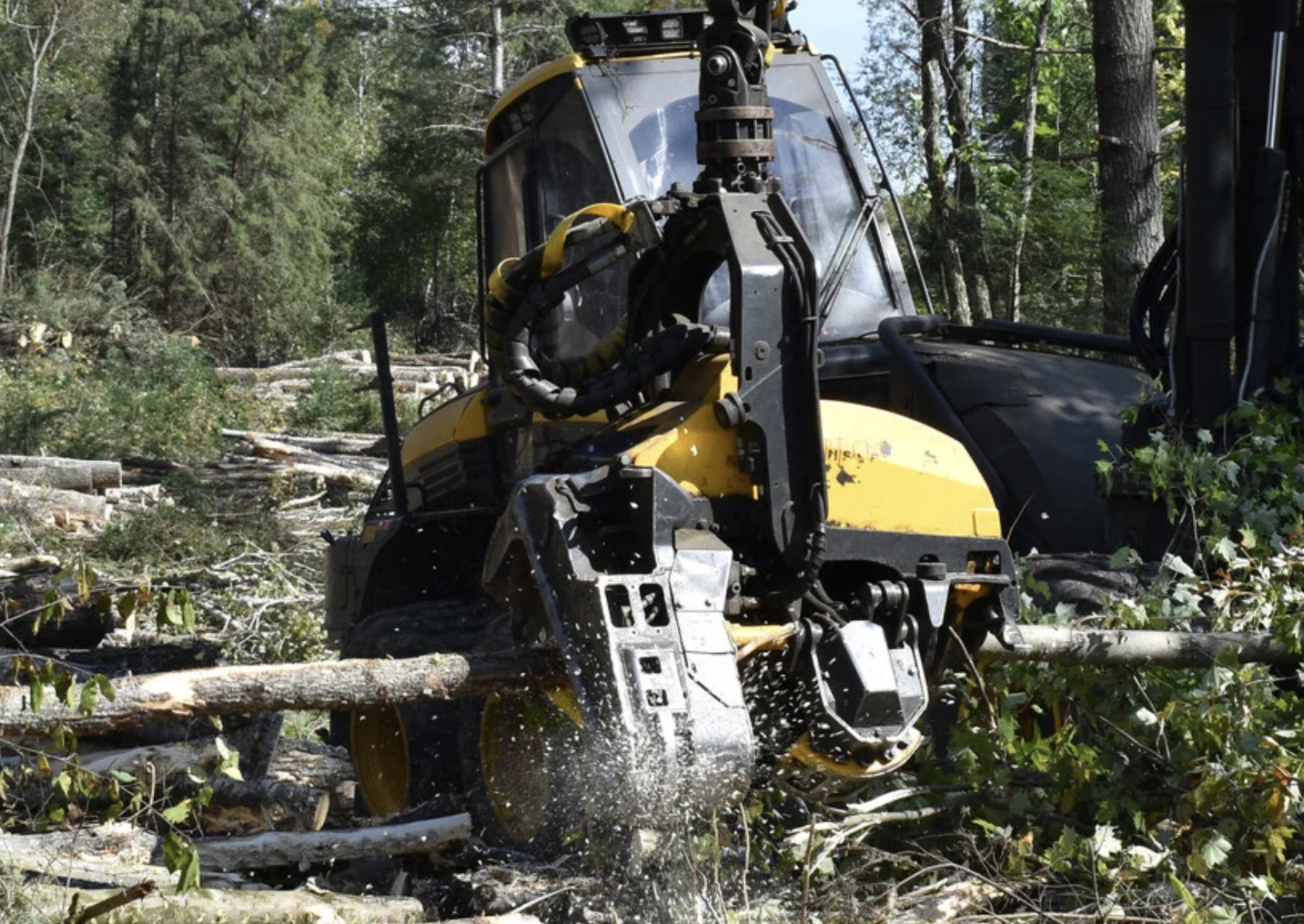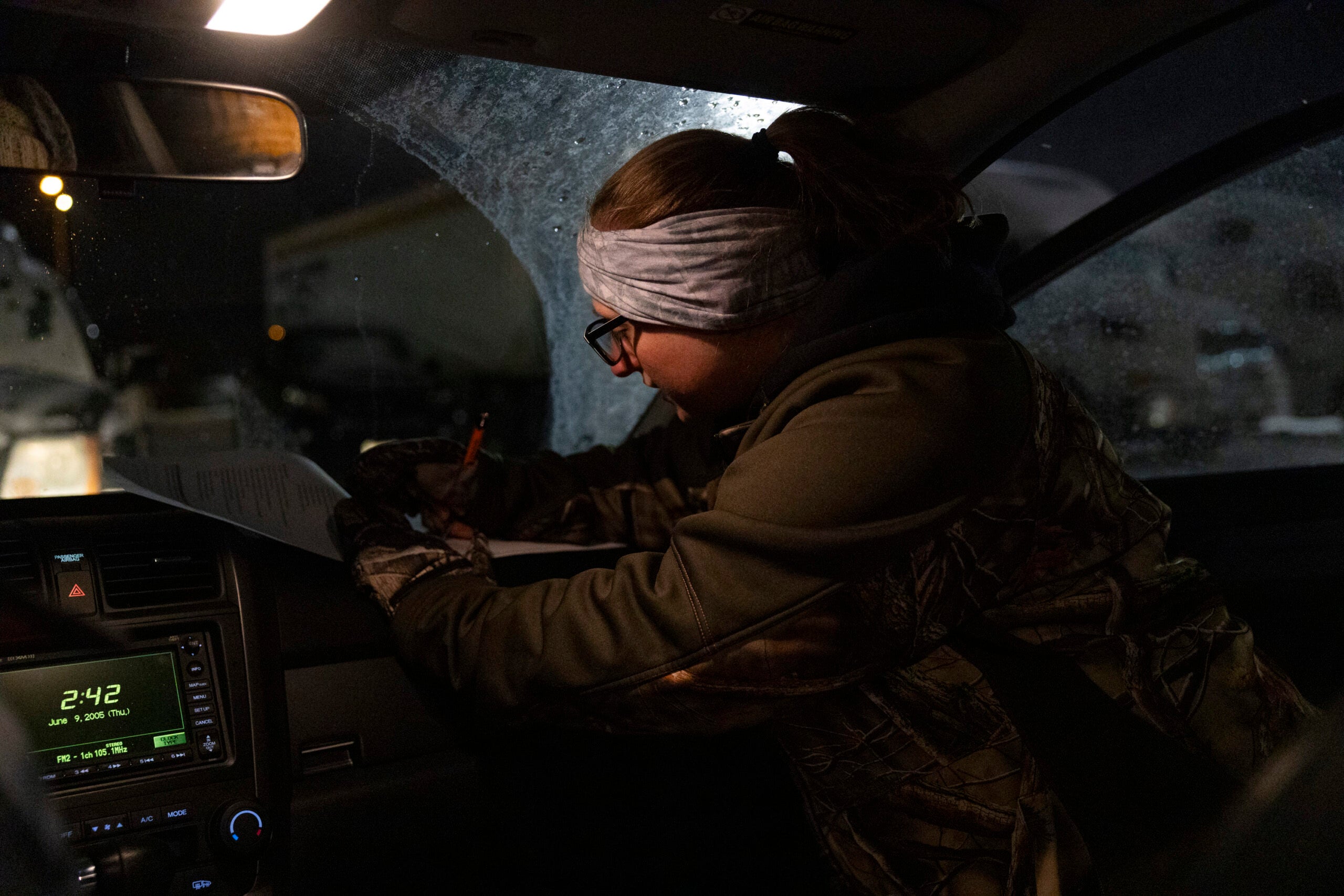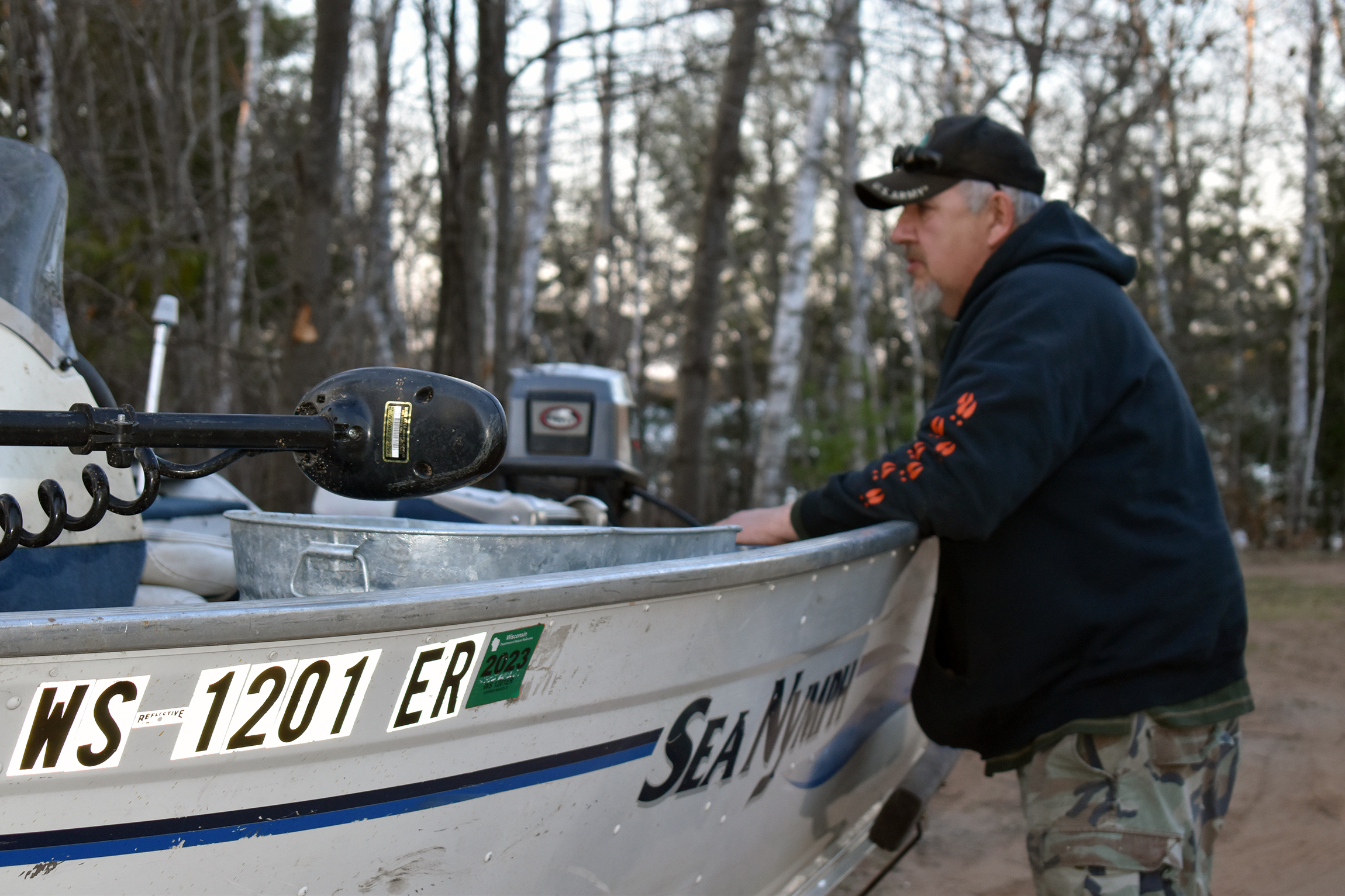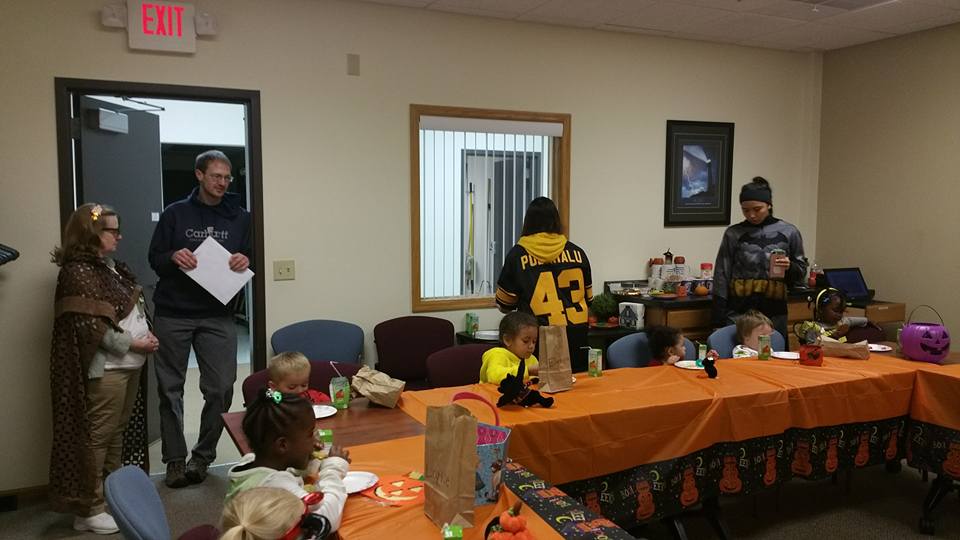Northern Wisconsin businesses face many of the same challenges as the rest of the state, according to a pair of regional economic development leaders.
Sheldon Johnson and Tommy Wartman lead two partner organizations of the Wisconsin Economic Development Corporation, a state agency tasked with driving business growth. Johnson oversees Spooner-based Visions Northwest in the state’s northwestern region, while Wartman runs Rhinelander-based Grow North in the northeastern corner.
During a recent appearance on WPR’s “The Morning Show,” Johnson and Wartman said shortages in affordable high-speed internet, housing and child care are a hindrance to an expanding workforce.
News with a little more humanity
WPR’s “Wisconsin Today” newsletter keeps you connected to the state you love without feeling overwhelmed. No paywall. No agenda. No corporate filter.
“People will want to take a job, they show, and they can’t find a house,” Wartman said. “Or, if they do find a house and they’ve got a child, they can’t find child care. That affects our workforce. … But the desire is there to want to be in our region.”
Expanding internet access remains a challenge to employment but is improving, Wartman said. He highlighted a $70 million project in Vilas County to extend high-speed internet to 13,000 homes and businesses. The project is part of a continued response to people moving into the area since the COVID-19 pandemic, he said.
“You’ve continued to see growth in the value of houses and people want to be there,” Wartman said. “But they need certain critical infrastructure for, for example, the internet. You cannot work remote if you don’t have consistently good internet.”
In 2021, far northern portions of the state accounted for less than 4 percent of the state’s total gross domestic product, according to the St. Louis Fed. But Johnson said the Northwoods region maintains healthy relationships with state authorities to ensure development aid.
“While funding always has been tight and will continue to be tight as it relates to economic assistance, we do everything we can to try and promote and push for continued prosperity for our residents and manufacturing companies in the region,” he said.
Forestry and mining remain significant jobs providers in the area, according to Johnson. Forestry is “one of the largest increasing job sectors,” Johnson said. Visions Northwest projects a roughly 46 percent expansion in forestry jobs by 2030.
“And while it’s a small number representing about 600 employees, it’s important to the state of Wisconsin and the nation as well,” Johnson said. “Wisconsin has a wealth of timber of many different species that have opportunities for export and for use in the United States.”
Leaders in rural communities can be inexperienced in navigating state and federal bureaucracy to receive economic aid, Wartman said. But they’re trying their best.
“Especially in rural communities and rural governments, you have people who really want to do well by their people. They’re not professional politicians,” he said. “They’re showing up to say ‘I want to make a difference here.’”
Wisconsin Public Radio, © Copyright 2026, Board of Regents of the University of Wisconsin System and Wisconsin Educational Communications Board.







